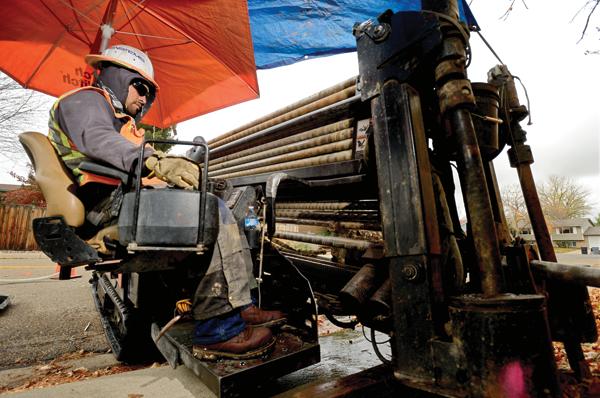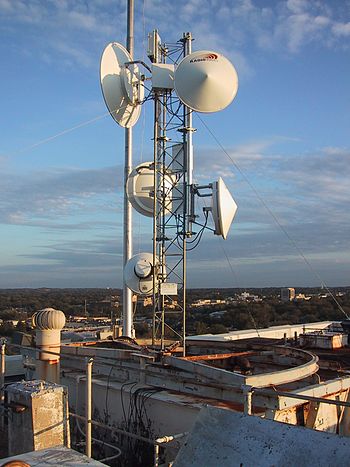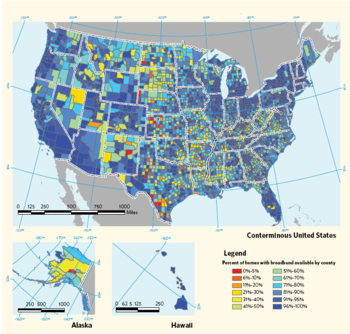
Logo of the United States Federal Communications Commission, used on their website and some publications since the early 2000s. (Photo credit: Wikipedia)
Leasing fiber to service providers is the right idea, but most cities that have fiber in the ground have it in limited areas. The big cost of building broadband networks that tends to be overlooked is running the fiber down every residential street to every home. I know cities with about 100,000 residents that have as much fiber as San Francisco, and they are a long way off from offering it to anyone.
All of the supposed throngs of people chanting for government control of the Internet don’t remember the Bell System days when they only had one dial telephone in the house. When you let the government control and regulate and industry, you get the lowest common denominator of service. We are seeing that with the ACA.
Posted By Rachel Swan @rachelswan on Wed, Nov 12, 2014 at 7:09 AM
President Obama created a seismic wave in the blogosphere after taking a bullish stance on net neutrality Monday, urging the FCC to adopt a strict set of rules for cable service providers. Companies shouldn’t be allowed to wantonly block off websites, Obama argued, and they shouldn’t be allowed to charge fees for priority access (what’s known in the business as “an Internet fast lane”). Continue reading







